006 | The Consecrating of Vijaya
006 | The Consecrating of Vijaya | Reading of Chapter VII of the Mahavamsa
This episode is a reading of The Consecrating of Vijaya from Chapter VI of the Mahavamsa, the second-earliest chronicle of Sri Lanka. This version details how his people wished him to declare himself King. He rejects his then-wife in favour of a royal wife from the subcontinent.
The first version of this story can be found in Myths & Samsara, Episode 2 | Vijaya's Story | Reading of Book IX of the Dipavamsa. https://youtu.be/wNq4KuMh1lo
The first part of this version of the story can be found as Episode 5 | The Coming of Vijaya | Reading of Chapter VI of the Mahavamsa.
https://youtu.be/_ictYdHtVBQ
This version was translated into English by Wilhelm Geiger, PhD, with assistance from Mabel Haynes Bode. Comissioned by the Pali Text Society in 1912 and titled The Mahavamsa or The Great Chronicle of Ceylon. The digitized copy can be found online.
The Dipavamsa is the earliest attempt to write a Chronicle of the Sāsana and the Kings of Sri Lanka, from earliest times up to the 5th c. A.D (1000 years after the events). The Mahavamsa is believed to have been recorded between 1000 and 1250 A.D (1500 years after the events).
This is an English reading. The language is cumbersome. My bias is to suspect both the translator of Western bias and the priesthood authors of the Mahavamsa of bias towards the reigning monarchs of the time, who wished their rule to be mandated by the existing Buddhist chronicles and their 'long-standing' relationship with the Indian mainland.
What's new to the story?
- Details of what happens to the 700 followers and Vijaya when they land on Lanka's shores.
- Divine blessing as the Sihala people will carry on the teachings of the Buddha (How this relates to all of his ill doing is a mystery!)
- Emphasis on blessings of Vishnu (blue lotus coloured god) by sprinkling water, and tying a thread around the wrist as being a deterrent of Yaksha (carried out to this day in Buddhist practices!)
- Emphasis on bathing before eating.
- Yakhini who devours men. Emphasis on Yaksha efforts to keep men from the shores of Lanka.
- A female dog as a signal of village life somewhere.
- Kuvena is won over by Vijaya by a show of force after defeating his 700 followers, whom she throws into a chasm. She agrees to be in servitude to him both as a female companion, etc.
- The Yaksha are invisible but can be heard by the men.
- Kuvena betrays her people by aiding Vijaya in the slaughter of Sirisavattu during a wedding of her people.
- Vijaya must slay the Yakkhas at that time or he will not be able to afterwards. He takes them by surprise. He steals their clothing and redistributes it to his men.
- She then invites him to copulate with her after he offers her the first part of a meal she has procured for Vijaya and his men.
- The origins of the city of Thambapani after the red soil on which they landed.
- The origins of the name Sihala or Sinhala for their people.
- The origins of several cities that the colonizers built.
- Ministers ask Vijaya to become consecrated as king. His refusal unless he has a wife of royal blood.
- The ministers seek a bride from the Pandu King, another reputable region of the Indian subcontinent. A hundred women and much riches are sent with this princess as wives for Vijaya's men. More colonizers!
- Vijaya's abandonment of his Yakhini wife and their two children. Note, he asked that she leave the children but she took the children with her.
- She asks three times not to be abandoned.
- Kuvena is killed in a city of her people by a violent Yaksha.
- Her uncle sends the children to Sumanakuta, Adam's Peak, and they are reputed to have started the people of Sabaragamuwa Region.
- In the next chapter, Vijaya dies childless and is succeeded by the Indian princess who sends for a descendant of his twin brother to continue his rule.
- Vijaya ruled 38 years over Lanka.
It was crucial for the Kings, reigning 1,500 years after Vijaya's time, to establish this supernatural status, as well as solid connections to the Indian subcontinent, to lend weight to their claims for rule. Ironic that they are not actual descendants of Vijaya. Perhaps this is why there has always been conflict in Sri Lanka's leadership. The Island was already inhabited by people before Vijaya's time. The Sri Lankan people have been shown to be not genetically different from those of the Indian subcontinent, notably there is little genetic difference between Tamil people of Dravidian descent and Sinhala people of the colonizer's descent. Could this be a result of the constant recolonization of Sri Lanka by people from the Indian subcontinent? Perhaps.
To return to storytelling, there's a lot to unpack here. Was Vijaya secretly in love with Kuvena? Were they forced to separate because of politics? What happened to Kuvena's children that they are not recorded from this time? What we know is that the indigenous people of Sri Lanka, the Veddhas, consider Kuvena to be their Kiri-Amma and venerate her. Her children may have taken refuge with the Veddhas or they may have grown up to rejoin the politics of the day.
Furthermore, other histories mention other kings and chieftains present at this time on the island. The nature of the island is one where Vijaya only held reign over the flatter Northern areas. Who and what lived in the central and southern regions at this time?
All we can conclude is that there were civilizations of people. They lived in kingdoms. The prevailing culture and norms were adopted from the Indian subcontinent and perhaps conflicted with the older culture and norms of the Island.
More to come on this.
-D.M. De Alwis
Subscribe to the Myths & Samsara podcast on YouTube Music, Apple Podcasts, Spotify, Amazon Music, and Pandora.
More on Vijaya's Story
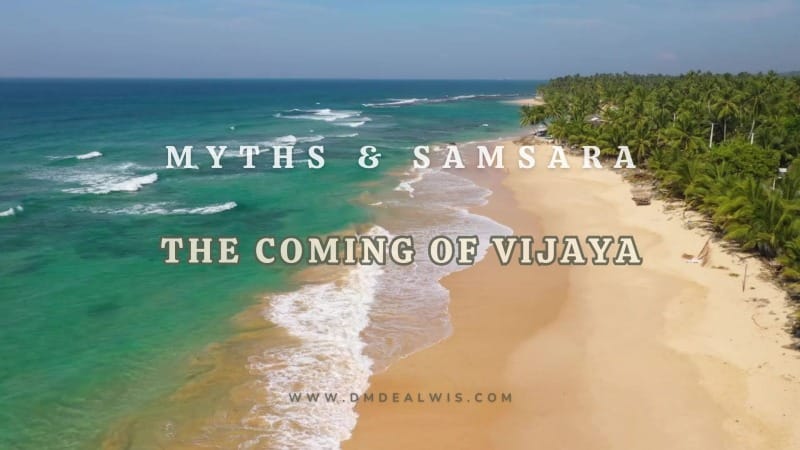
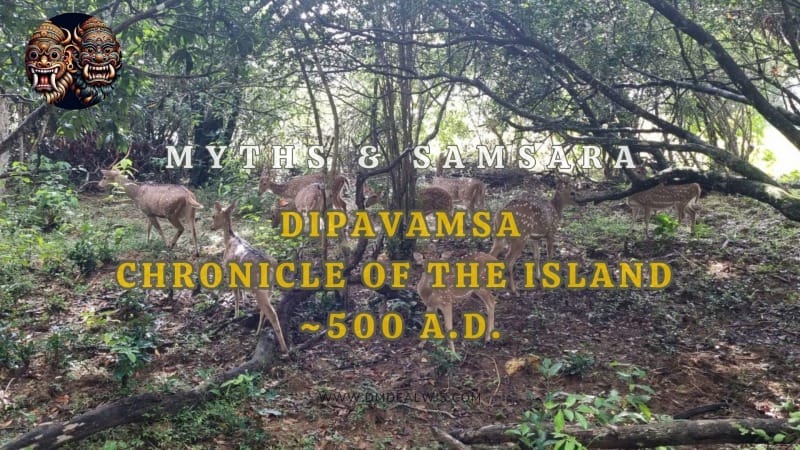
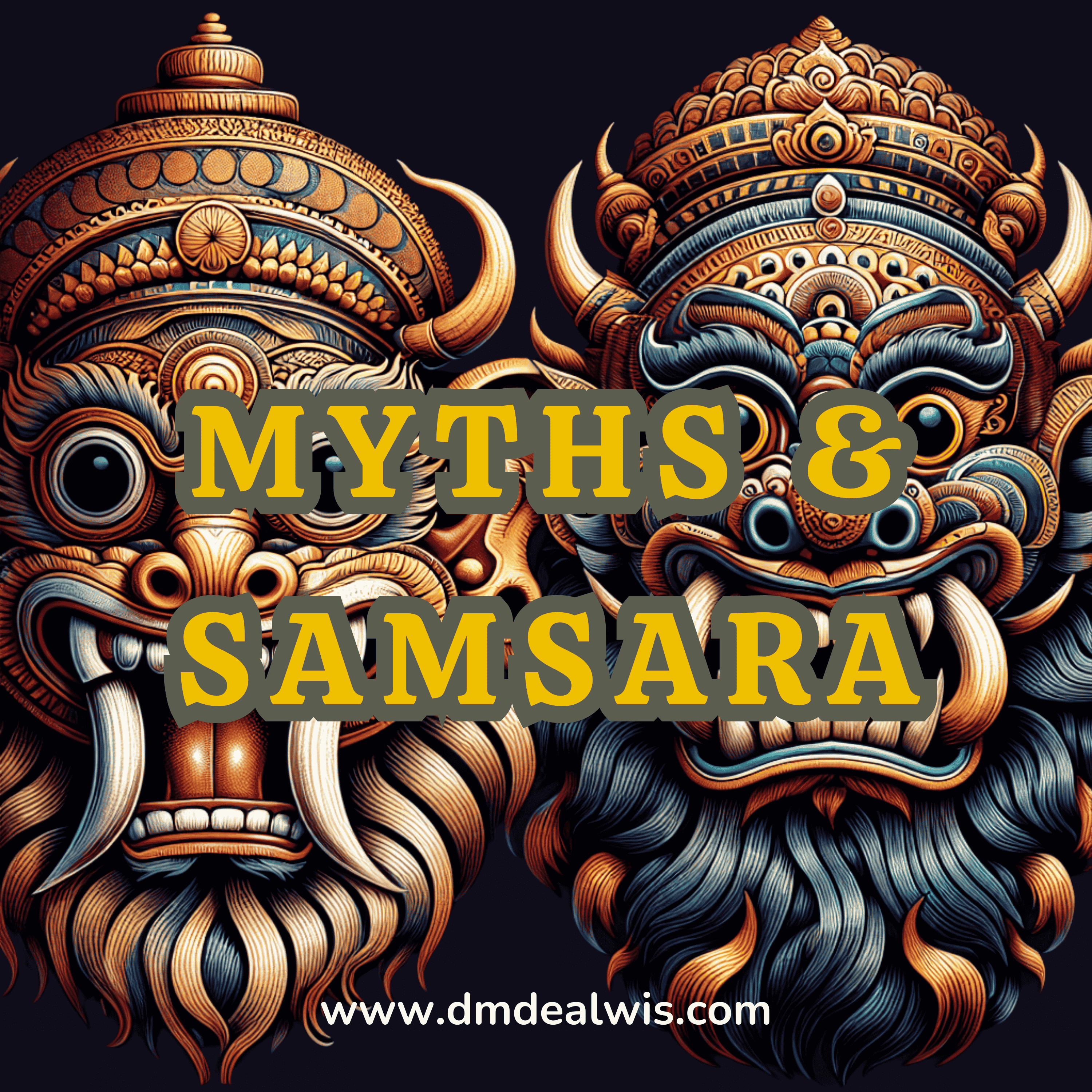





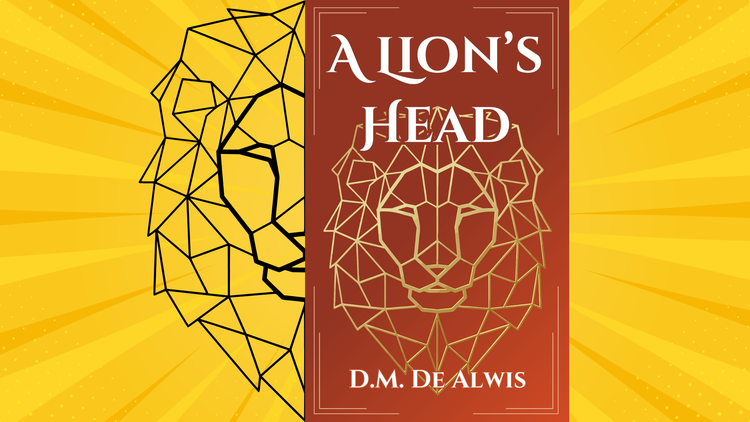
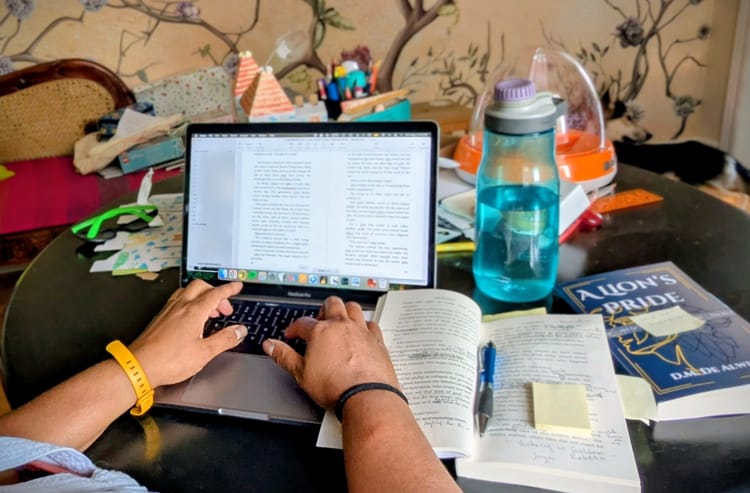
Member discussion